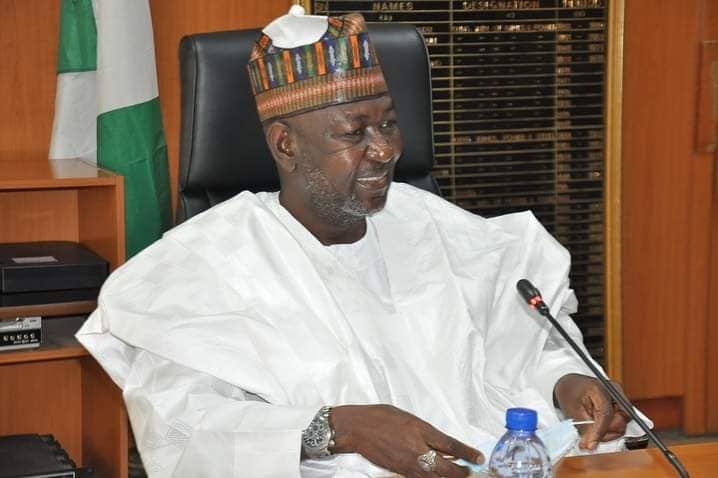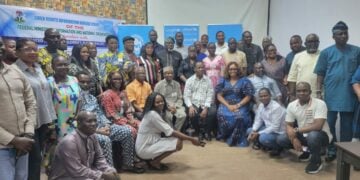Minister of Power Abubakar Aliyu, has disclosed that the federal government has reactivated 14 independent power plants (IPP) solar projects across the country which are ongoing and will produce off-grid electricity of 1,000 mega watts (MW).
Aliyu made the disclosure yesterday at the maiden 3-day Nigeria-African Natural Resource and Energy Investment Summit hosted by Nigeria’s Ministry of Mines and Steel Development in collaboration with other stakeholders in Abuja.
The maiden event which has the theme: “Towards a Greener Africa” kicked-off on Wednesday, ended yesterday.
The minister said, “Government has reactivated 14 IPP Solar Projects across the country. These IPPs, which are currently undergoing Technical and Financal Evaluation, shall contribute 1000MW off-grid. 10 state governments are enabling solar projects in their states that will deliver 100MW each contributing 1000MW off-grid.
“The 10MW Katsina Wind Farms already contributing to the grid and is being considered for a solar hybrid that will optimise its availability to 20MW. Once we stabilise the base load through the hydropower plants at various stages of completion, we shall integrate all the off-grid structures to the national grid, increasing our energy mix.”
He noted that African governments must be proactive and responsive to the course collectively as that is a prerequisite for achieving a cleaner energy future, adding “It is only by this can Africa actualise its green transition”.
Tasking Africans further, the Minister said, “On this note, let me welcome you to this summit and at the same time use the opportunity to challenge you all to embrace the clean energy revolution as we manage climate change jointly and holistically. Ths sustainability challenge requires us to build more resilient economies.”
Pointing out that even in the midst of abundant renewable energy potentials which can provide the desired economic growth most parts of Africa still do not have access to electricity, the Minister expressed regret that discussions on renewable energy access was overshadowed by other immediate concerns and challenges insecurity, hunger, wars, terrorism and the like.
“It is expedient therefore that African countries take front seat and be active in the efforts to decarbonise even as the world focuses on specific accepted Energy Transition pathways, like Gas and Hydrogen, towards Net Zero.
“To deal with the challenges nations are facing, we must put n place frameworks and effective mechansms for collaboraton and ‘on in areas where there are commercial strengths and seek opportunities of collaboration on the African continent, especially in the Power Sector. For example, the West African Power Pool (APP) programme affords us the opportunity to work with other African countnes to build a 330kV Double Circuit Line from BirninKebbi all the way to Burkina Faso, passing through Niger, Togo/Benin.
“Also we are building AKK Gas pipeline project passing through Ajeakuta, Kaduna and through North Africa to Europe,” he said.
Speaking further on international partnership towards greener energy, Aliyu said, “Countries, like Nigeria, have made commitments to achieve their Natonally Determined Contributions (NDCs) in line with the Paris Agreement on Climate Change and the COP26 Agreement in Glasgow.
“To achieve this, we have to scale-up our Solar, Wind, hydropower and even the new hydrogen opportunities, including other new clean technologies.
Africa needs to focus on proven approaches, as well as the mobilisation of resources to take advantage of carbon-neutral energy sources.
“We must device innovative ways to access funds while also sustaining the increased investments in low carbon energy sources, and create an enabling environment for broader sustainable development. Renewable energy technologies are rapidly growing in technical proficiency and can provide viable alternatives to Africa.”





